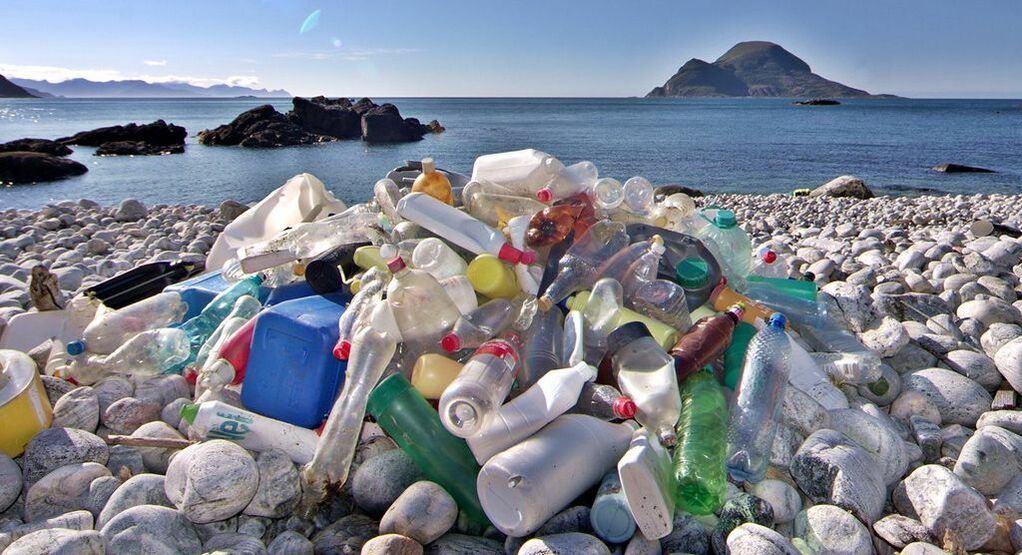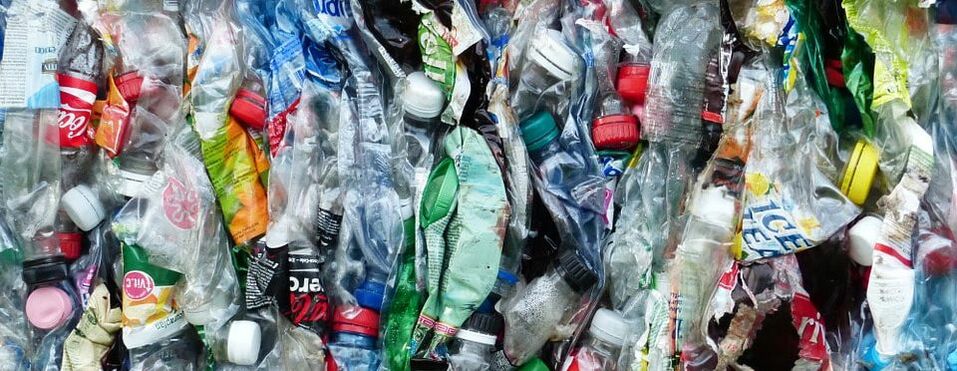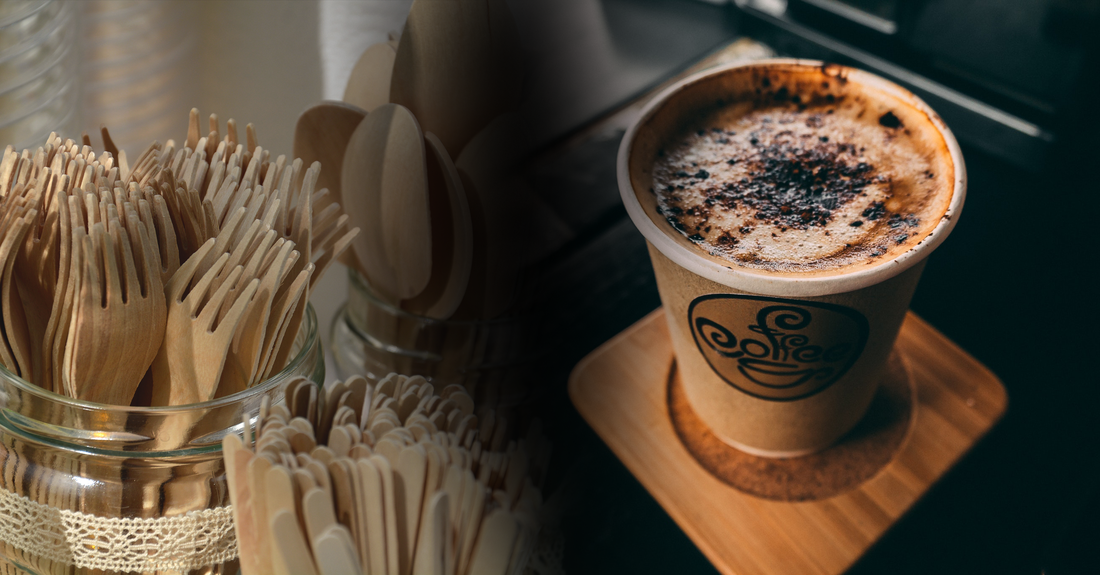Why go plastic free?...
The ocean is important... But how important?
Around 80% of every breath you take, comes from the ocean! I bet you didn't know that! Without the ocean, we simply wouldn't survive! We ALL rely on it, even those who live miles away from the shore.
Around 80% of every breath you take, comes from the ocean! I bet you didn't know that! Without the ocean, we simply wouldn't survive! We ALL rely on it, even those who live miles away from the shore.
By now we should all be aware of the growing problem of plastic waste. Plastic is versatile, lightweight, flexible, moisture resistant, strong, and relatively inexpensive. Those are the attractive qualities that lead us, around the world, to such a voracious appetite and over-consumption of plastic goods. However, durable plastic materials that are used in the production of so many products all, ultimately, become waste with staying power.
The Plastic Tide is growing by 8 million metric tonnes a year. If nothing is done, it is estimated that this figure will rise to 80 million metric tonnes a year by 2025.
The impact of this synthetic tide is pervasive. Increasing evidence shows how quickly our oceans are becoming swamped. From clogging the deepest depths before we have even explored them, to starving the birds that soar above the ocean surface, this is a problem that affects all marine life. But it also has increasing impact on human life too, from toxicity to rising economic costs.
The Plastic Tide is growing by 8 million metric tonnes a year. If nothing is done, it is estimated that this figure will rise to 80 million metric tonnes a year by 2025.
The impact of this synthetic tide is pervasive. Increasing evidence shows how quickly our oceans are becoming swamped. From clogging the deepest depths before we have even explored them, to starving the birds that soar above the ocean surface, this is a problem that affects all marine life. But it also has increasing impact on human life too, from toxicity to rising economic costs.
How does plastic effect the ocean and us?
Our plastic addiction is condemning countless marine birds and animals to death by entanglement or poisoning, and even leading to chemical contamination of the fish we eat. The vast swirls of plastic rubbish visible on the sea surface (horrifying as they are) represent just the tip of the iceberg. What lies beneath are the masses of micro-beads and broken-down particles of plastic that are easily ingested by sea creatures, and impossible to remove.
Over time, plastic material does. not. ever. bio-degrade. but breaks down into these tiny particles known as micro-plastics, which can be eaten by small marine animals and enter the food chain. These particles are now found in our table salt and tap water. A 2017 study showed that more than 80% of water samples collected from over 5 continents tested positive for plastic. These plastics we are consuming often contain chemicals added during manufacture that can absorb and concentrate contaminants such as pesticides, heavy metals and persistent organic pollutants!
More than 90% of people now have plastic in their blood, according to Webmd, a phenomenon now linked with heart disease, obesity, infertility, miscarriages, and subtle genital deformations in baby boys. Chemicals used to make plastics can disrupt the body’s endocrine system and have negative developmental, reproductive, neurological, and immune effects, according to the National Institute of Environmental Health Sciences.
This is happening to us and every living creature on the planet, we are poisoning every eco-system on earth.
Perhaps most importantly, plastic pollution in the ocean, is effecting the smallest living organisms on earth. Phytoplankton produces around 80% of the oxygen in the atmosphere! With toxic micro-plastics entering the bodies of even these tiny creatures, we are looking at a bleak future.
Direct measurements show the amount of oxygen in the global oceans has decreased by around 2% over the past 50 years. This may not seem like much, but it is causing vast areas of the ocean to become uninhabitable for any marine life, due to extremely low levels of oxygen. These have been nicknames 'dead zones'. Research suggests that these low-oxygen regions are expanding, which could have “dramatic” biological, ecological, economic and climatic consequences, and the risk of deoxygenation is not just limited to these specific zones. Reducing oxygen levels is occurring at all oxygen concentrations in all ocean basins and affects a growing number of coastal regions.
Over time, plastic material does. not. ever. bio-degrade. but breaks down into these tiny particles known as micro-plastics, which can be eaten by small marine animals and enter the food chain. These particles are now found in our table salt and tap water. A 2017 study showed that more than 80% of water samples collected from over 5 continents tested positive for plastic. These plastics we are consuming often contain chemicals added during manufacture that can absorb and concentrate contaminants such as pesticides, heavy metals and persistent organic pollutants!
More than 90% of people now have plastic in their blood, according to Webmd, a phenomenon now linked with heart disease, obesity, infertility, miscarriages, and subtle genital deformations in baby boys. Chemicals used to make plastics can disrupt the body’s endocrine system and have negative developmental, reproductive, neurological, and immune effects, according to the National Institute of Environmental Health Sciences.
This is happening to us and every living creature on the planet, we are poisoning every eco-system on earth.
Perhaps most importantly, plastic pollution in the ocean, is effecting the smallest living organisms on earth. Phytoplankton produces around 80% of the oxygen in the atmosphere! With toxic micro-plastics entering the bodies of even these tiny creatures, we are looking at a bleak future.
Direct measurements show the amount of oxygen in the global oceans has decreased by around 2% over the past 50 years. This may not seem like much, but it is causing vast areas of the ocean to become uninhabitable for any marine life, due to extremely low levels of oxygen. These have been nicknames 'dead zones'. Research suggests that these low-oxygen regions are expanding, which could have “dramatic” biological, ecological, economic and climatic consequences, and the risk of deoxygenation is not just limited to these specific zones. Reducing oxygen levels is occurring at all oxygen concentrations in all ocean basins and affects a growing number of coastal regions.
The ecosystem of the ocean is on the verge of falling apart, and if we don't act soon.
There will be no ocean as we know it.
There will be no fish, no whales, no reefs.
There will be no oxygen given off by ocean.
There will be no us!
There will be no ocean as we know it.
There will be no fish, no whales, no reefs.
There will be no oxygen given off by ocean.
There will be no us!
What can we do?
Ocean plastic is not as complicated as climate change. There are no ocean trash deniers, at least so far. To do something about it, we don’t have to remake our planet’s entire energy system. We only need to make, simple decisions to switch to plastic free alternatives.
"But we use recyclable plastics, so it's ok. Right?"
Unfortunately using recyclable plastics has little or no effect on the plastic waste problem at all! A very low percentage of recyclable plastics actually end up being recycled at all! With most ending up in standard waste bins or simply discarded on the roadside. If every piece of plastic made was recycled, the recycling plants would not be able to keep up with the amount of plastic being produced. Even if they could, plastic can only be recycled 7-9 times before it is no longer recyclable.
Switch to plastic free alternatives!
Cafes and restaurants all over the country are leading the way and swapping out single use plastics with bio-degradable alternatives. You can cut the problem at the source by removing the option of single-use plastics in our local community.
- Swap plastic straws for cardboard or re-usable metal straws.
- Swap disposable plastic cutlery for wooden ones or other biodegradable options.
- Use carboard coffee and drink cups instead of plastic ones and use bio-degradable coffee lids.
- Promote the use of reusable coffee cups.
- Swap plastic bags for bio-degradable ones or even simple paper bags.
- Use plastic alternatives or reusable option for food packaging.
Sound too difficult? There are people that can help!
Become a plastic free business with help from SAS. https://www.sas.org.uk/petition/plastic-free-champion
Find lots of resources on the Plastic Polution Coalition website. https://plasticpollutioncoalition.zendesk.com/hc/en-us/categories/203129688-Take-Action
Find information on Less Plastic. https://lessplastic.co.uk/for-businesses/
Find lots of resources on the Plastic Polution Coalition website. https://plasticpollutioncoalition.zendesk.com/hc/en-us/categories/203129688-Take-Action
Find information on Less Plastic. https://lessplastic.co.uk/for-businesses/
Credits: http://plastic-pollution.org/, www.theplastictide.com/, www.nationalgeographic.com, www.oceanunite.org, www.theepochtimes.com, ocean.si.edu, www.carbonbrief.org, https://www.sas.org.uk/, plasticpollutioncoalition.zendesk.com,




